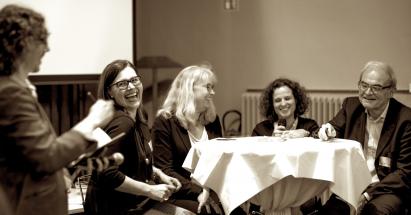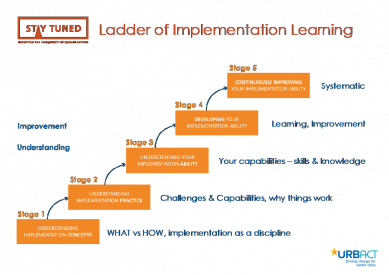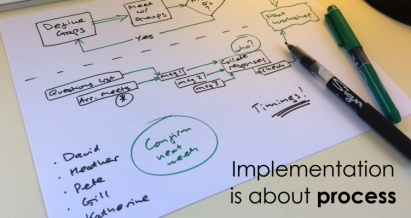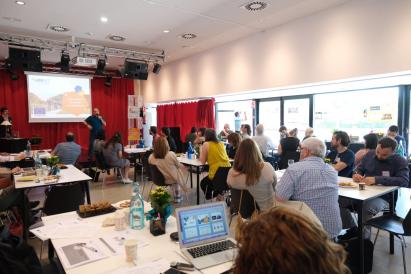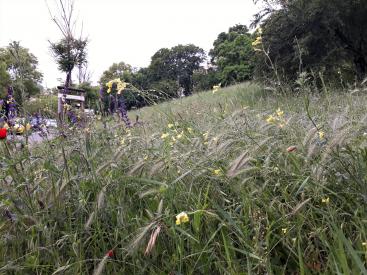All URBACT articles
Hear from the URBACT community on today’s most pressing challenges and inspiring examples from all around Europe. Find the inspiration you have been looking for to put knowledge into action!
Interested in more thematic content? Check out the URBACT Knowledge Hub.

